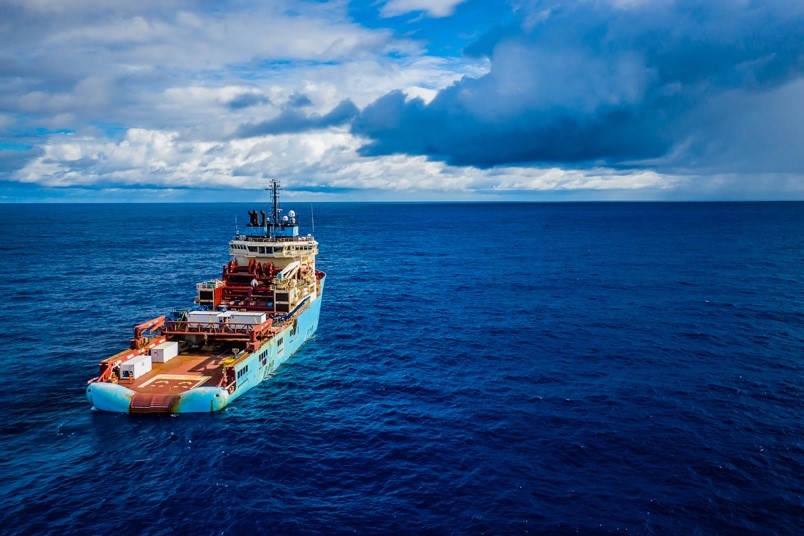
The ISA, headquartered in Jamaica, has drawn up regulations on exploration, but has yet to establish the rules for exploitation needed for mining to go ahead.
Nauru President Lionel Aingimea notified ISA about the mining plans to be carried out by a subsidiary of The Metals Co. in a letter dated June 25, Reuters reported.
Nauru is a sponsoring state for Nauru Ocean Resources Inc (NORI), a wholly-owned subsidiary of The Metals Co, formerly known as DeepGreen Metals, which plans to list on the U.S. Nasdaq in the third quarter in a merger with blank-check company Sustainable Opportunities Acquisition Corp (SOAC).
DeepGreen said it believes that producing critical battery metals from polymetallic nodules has the potential to eliminate or dramatically reduce most of the environmental and social impacts associated with traditional mining.
Nauru, with 12,000 inhabitants, said 80% of its land was uninhabitable because of colonial-era phosphate mining and deep-sea mining was more sustainable. The Metals Co has said deep-sea mining would have less impact than mining for battery metals on land.
“Sustainability conundrum”
Some environmentalists have called for a ban on deep-seabed mining that would extract resources including copper, cobalt, nickel, zinc, lithium, and rare earth elements from nodules on the ocean floor.
Sea floor nodules contain battery metals needed to fuel the world’s transition to clean energy, but trawling the sea floor for them is likely to disrupt ecosystems about which there has been scant research, as they are very difficult to reach, according a report commissioned by the High Level Panel for a Sustainable Ocean Economy.
The report authored by six academics said deep seabed mining was a “sustainability conundrum.”
The advanced exploration stage Nori Clarion-Clipperton polymetallic project, about 4,000-4,500 metres deep into the northeastern part of the Pacific Ocean is named after the seafloor zone between Hawaii and Mexico, and is part of international waters. The exploration contract is held by NORI, but DeepGreen Metals has exclusive access to the area.
The 4,000-kilometre swath of ocean is known for containing enough nickel, copper, cobalt and manganese to build over 250 million electric vehicle batteries.
The ISA, in a statement, acknowledged Nauru’s letter and said it aimed to resume this year work on mining regulations, which had earlier been delayed due pandemic travel restrictions.
(With files from Reuters)




